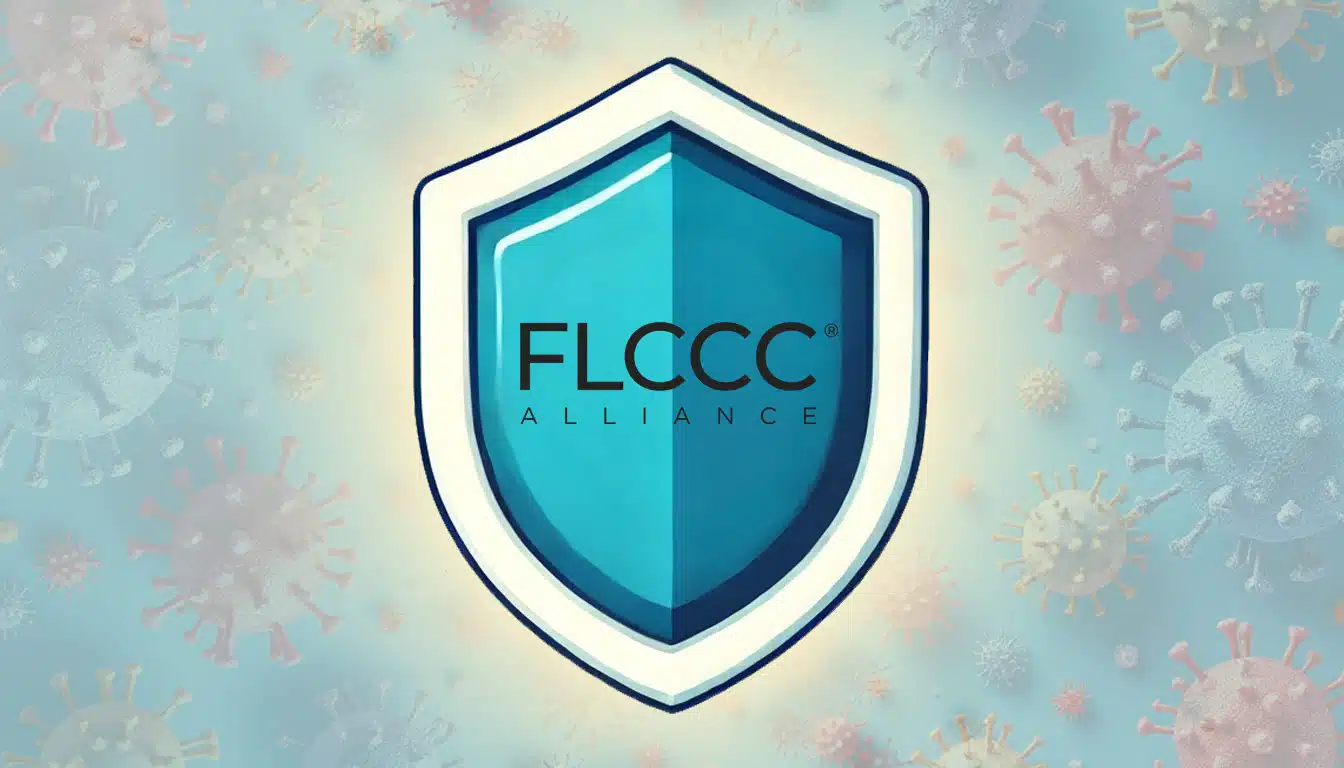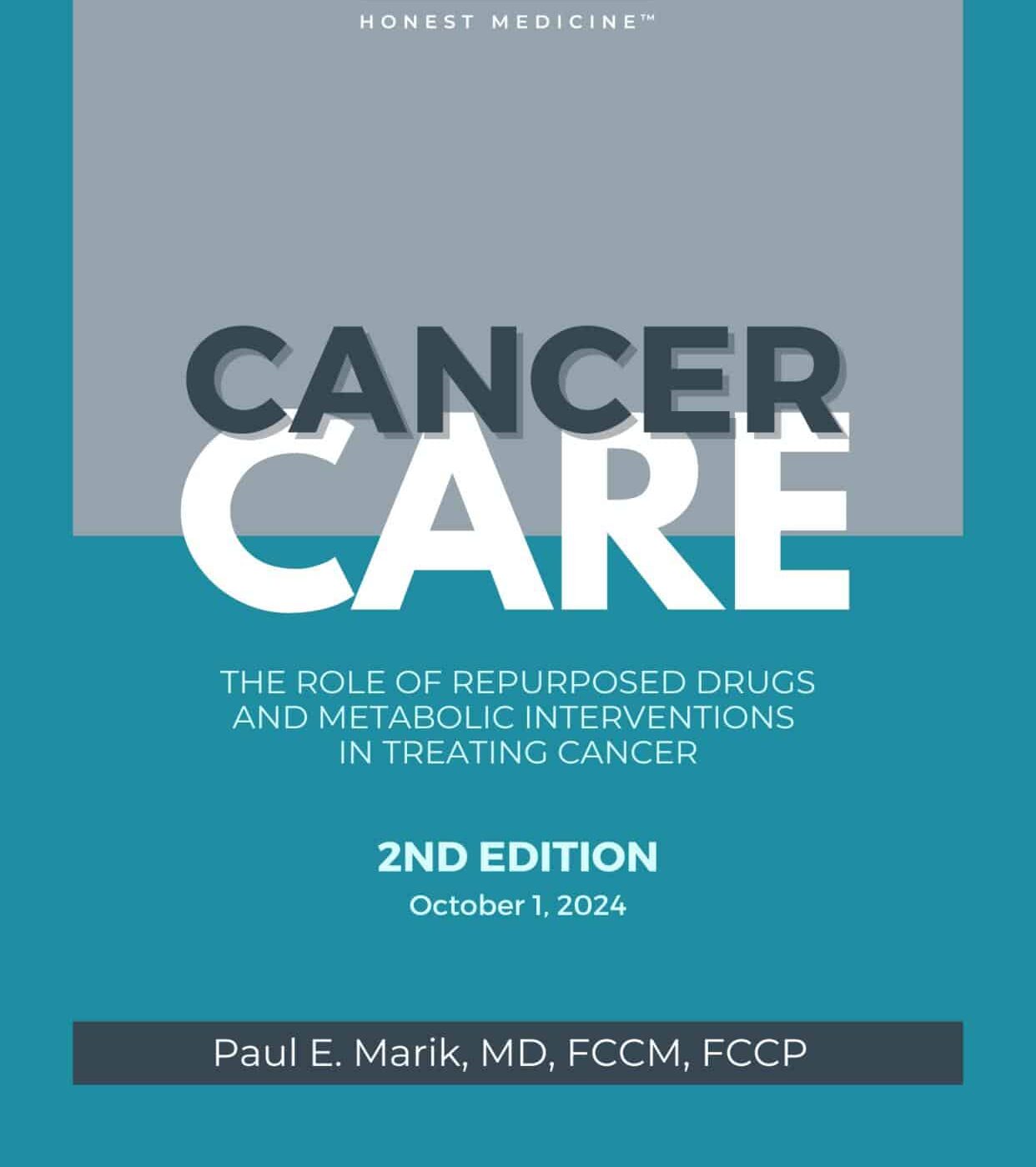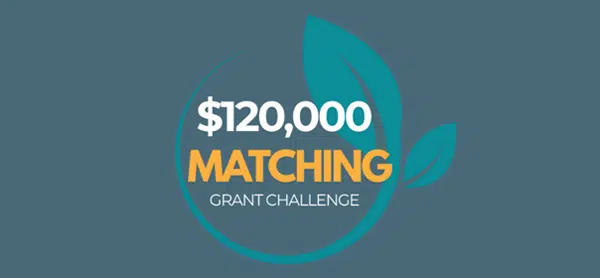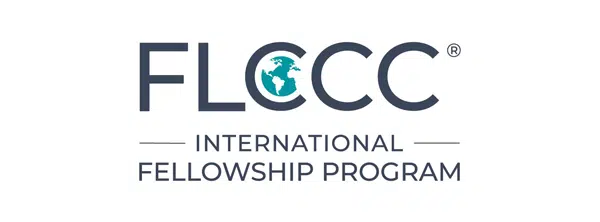Intermittent fasting is a powerful tool for health, including brain health. Let’s uncover the many positive ways fasting affects the brain.
Fasting has been a part of human life for as long as we can remember. From the ancient Greeks to Hindus and Buddhists, people have long believed that fasting cleansed the body, soul, and mind.
It took a while, but modern science is now validating ancient wisdom on intermittent fasting, revealing multiple health benefits backed by research and clinical experience.
Much of what we know about the benefits of intermittent fasting revolves around our physical well-being. But as we’ll learn today, this healthy habit has the potential to help optimize brain function too.
Dr. Suzanne Gazda: The Link Between Fasting and Brain Health
Dr. Suzanne Gazda, a leading neurologist and director of the Neurology Institute of San Antonio, recently discussed the impact of fasting on brain health in our weekly webinar:
Dr. Gazda’s work focuses on using an integrative medicine approach to help patients with devastating neurological illnesses. She channeled that into her talk “Emerging Neurological Disorders – A Path to Solutions” which she delivered at our Winter 2024 FLCCC conference.
In this post, we’ll learn why Dr. Gazda has come to champion intermittent fasting for brain health. This is one lifestyle hack you can’t ignore!
Why is Fasting So Important for Brain Health?
For those unfamiliar, intermittent fasting involves eating within a particular window during the day. That window generally ranges from 2 hours to 10 hours. You can drink water during the fasting period, but you can’t eat.
There are many benefits to fasting, which include weight loss, cellular autophagy, and as we’ll learn today, a healthy brain! That’s one area where it turns out we need a lot of help. Dr. Gazda highlights the fact that Big Pharma has spent $46 billion over the last 30 years trying to find an Alzheimer’s drug that works.
So, instead of waiting to see what the next $46 billion gets us, Dr. Gazda says it’s time for a different approach. Part of that approach includes intermittent fasting.
But there’s another disturbing trend that Dr. Gazda has noted in the aftermath of COVID and the pandemic measures:
“When you look at studies across the board, cognitive impairment is the thing that everyone is talking about.”
COVID has Created a New Cognitive Impairment Problem
Dr. Gazda’s research reveals that post-COVID cognitive impairment ranges between 18% and 80%. She cites a shocking study in European Neuropsychology, which found that 1 year after recovering from COVID, 40% of people tested were found to have abnormalities in their neuro-psych testing.
COVID has introduced a brand new problem that we need to protect our brains from. Dr. Gazda says she is also seeing cognitive impairment more and more in her medical practice, noting that even younger patients are presenting with complaints of cognitive issues.
Dr. Gazda believes everyone is at risk since 2020, whether they had a COVID infection, the COVID vaccine, or both. This is due to lingering viral fragments, especially the spike protein. Intermittent fasting is emerging as one of the biggest things you can do to protect yourself and your brain.
In her research, Dr. Gazda has noticed a curious throughline: many people impacted by cognitive impairment are simply not getting better. For that reason, she says we need to implement brain recovery, health, and prevention protocols or we may be heading into an “epidemic of dementia and Alzheimer’s.”
Luckily, time-restricted eating is one of the easiest habits that almost anyone can start practicing right now. Let’s jump in and learn five beneficial effects of fasting on the brain.
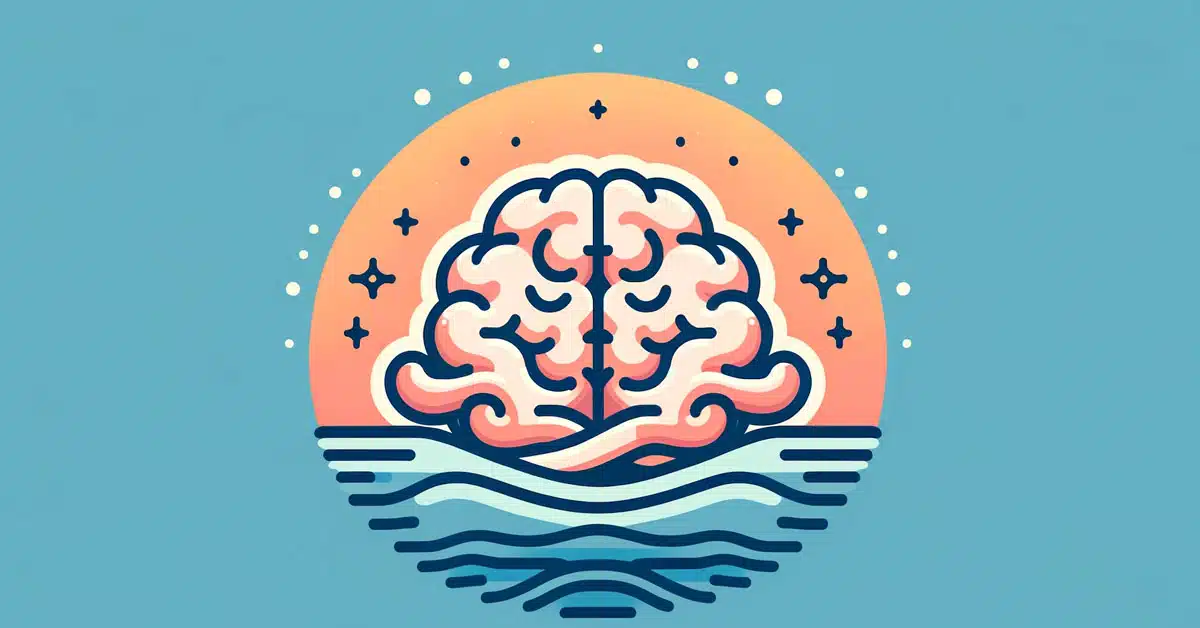
Fasting and Brain Function: How It Works
A growing number of studies show that intermittent fasting has a positive effect on the brain. So how does it work? Here are five research-backed benefits for fasting brains:
- Lowers Inflammation
- Upregulates Autophagy
- Increases Brain-Derived Neurotrophic Factor (BDNF)
- Lowers Insulin Resistance
- Resynchronizes Circadian Rhythms
1. Lowers Inflammation
Inflammation is a natural process in the body, meant to help us defend against acute infections. The trouble starts when our bodies experience chronic inflammation.
Here’s an excerpt from one of Dr. Gazda’s recent blog articles about fasting and Alzheimer’s:
“Citing decreased inflammation, improved vascular health, decreased amyloid accumulations, a research team stated that ‘intermittent fasting over the years will potentially reverse or delay the pathological process in Alzheimer’s disease.’”
In that same article, Dr. Gazda highlights another study that found intermittent fasting suppressed neuroinflammation and improved brain-insulin resistance.
2. Upregulates Autophagy
The bodily process called autophagy is an essential part of housekeeping at the cellular level. Dr. Gazda describes autophagy as “the garbage truck coming to clean up stuff we don’t want or need anymore.”
Intermittent fasting is one tool we can use to make that garbage truck come around a little more often. This is important because the brain is especially vulnerable when autophagy slows down.
Connecting back to COVID, it’s becoming clear that the spike protein inhibits autophagy and increases cellular senescence, a state where cells lose their ability to proliferate. And since we know that aging slows and dysregulates autophagy further, we want to do all we can to upregulate it.
3. Increases Brain-Derived Neurotrophic Factor (BDNF)
Dr. Gazda has found that the practice of intermittent fasting increased brain-derived neurotrophic factor (BDNF), a beneficial protein that can increase synaptic connections in your brain, meaning your neurons work better together.
BDNF also increases neurogenesis, also known as brain regeneration. That’s curious—haven’t we all heard that the brain has no ability to create new cells or repair itself? Turns out that is untrue.
“When I was in medical school, we were taught that with brain cells, you got what you got, and there was no chance you could recover or develop new neurons. But we now know that is untrue and we know that BDNF is a huge part of recovery and regeneration.”
4. Lowers Insulin Resistance
It’s becoming well-understood that adjusting your eating pattern can lower insulin resistance. That can be achieved through lowering your blood sugar by eating less glucose and, of course, intermittent fasting.
Insulin resistance is a big part of dementia because insulin is actually a growth factor for the brain. So when we become resistant to insulin, not only does it increase our risk of developing Type II diabetes, but we lose another tool that helps us to restore neurons.
As much as 40% of the population may have insulin resistance. Imagine the potential cognitive boost our world could experience if we all adopted the practice of intermittent fasting!
5. Resynchronizes Circadian Rhythms
It has been observed that many people suffering from early dementia lose their circadian synchronization. Intermittent fasting seems to be one tool that helps us resynchronize.
A study in the scientific journal Cell Metabolism showed that mice placed on an intermittent fasting regimen had better cognitive effects and had decreased abnormal pathological proteins like β-amyloid (Aβ) and phosphorylated tau (pTau).
If you’re interested in learning more about that study, here’s a fantastic discussion on the topic between Dr. Paul Marik, Dr. Mobeen Syed, and Dr. Suzanne Gazda:
How Long to Fast for Brain Health?
How long should one fast for brain health benefits?
The first thing to understand is that there are a few different types of intermittent fasting. These include:
- Intermittent Fasting 5:2
- Intermittent Fasting 16:8
- Alternate Day Fasting
- And many more…
So, which method of fasting is best for brain health? If you look at the five fasting brain benefits we listed above, many of the studies observe people who eat within an 8-hour window. Other studies show results based on individuals fasting for entire days in a week.
To learn more about intermittent fasting styles, check out our Eat Well guide or our complete guide to intermittent fasting.
What Else Can You Do For Your Brain?
The need to adopt intermittent fasting for brain health couldn’t be more clear. The benefits are being revealed, study by study. It’s encouraging that such an accessible health intervention can also be so effective!
When it comes to brain health, there’s a lot we can do. Sleep more, stress less, take helpful supplements, and of course, read more of FLCCC’s content!
- Guide: Alzheimer’s Brain Health
- Guide: Magnesium and Brain Health
- Blog Post: Five Ways to Optimize Your Aging Brain
- Blog post: What is Photobiomodulation? (Red light therapy may be helpful for brain health)
And if you really want to give your brain a boost, join us at the FLCCC Conference in Phoenix on Feb 2! We can’t wait to see you there.


